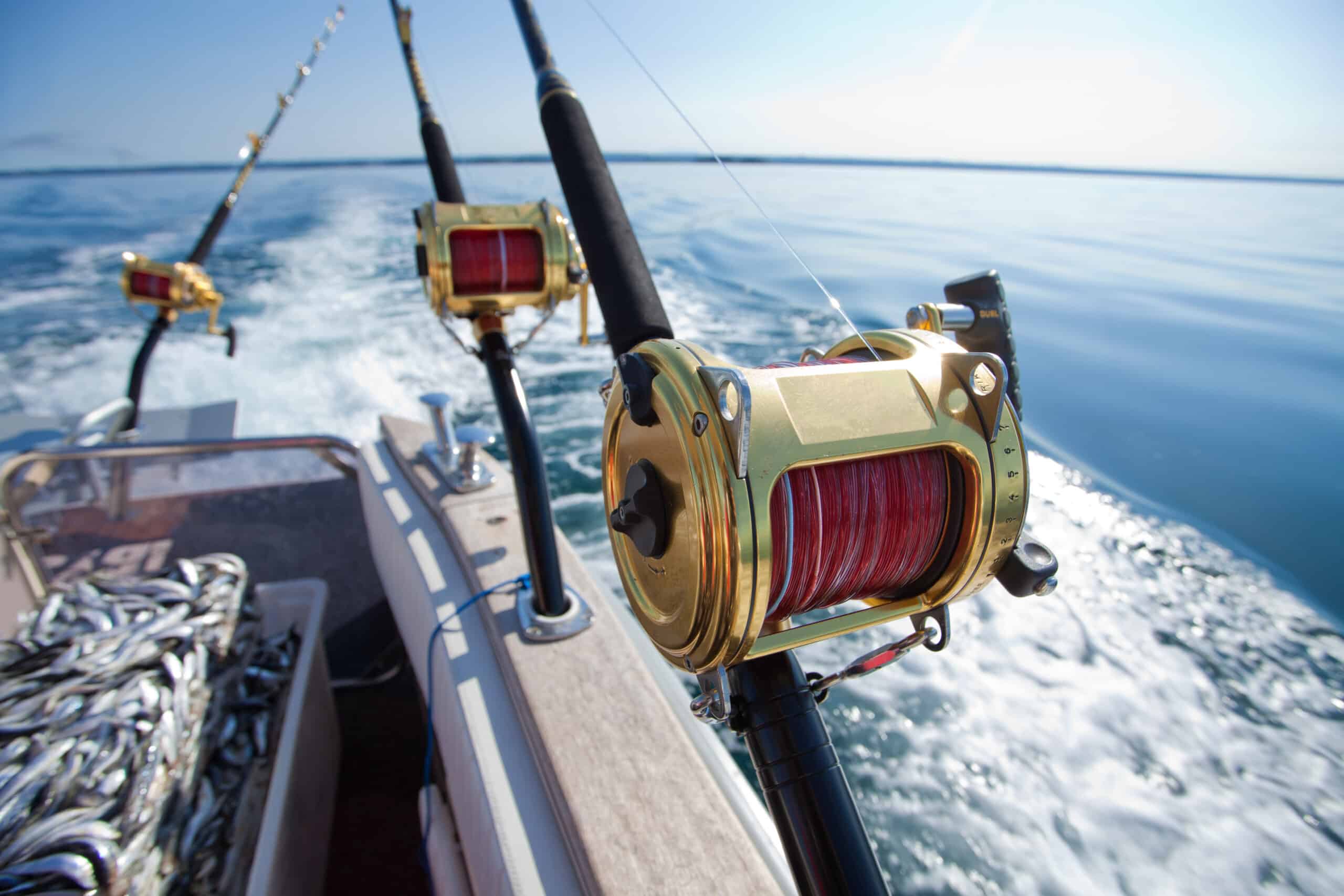ASA participated in both the Gulf and South Atlantic Council meetings.
June is always a busy month for federal fisheries issues in the southeast, as both the Gulf and South Atlantic fishery management councils meet. The Gulf of Mexico Fishery Management Council met the week of June 5 in Mobile, Alabama and the South Atlantic Fishery Management Council met the week of June 12 in St. Augustine, FL. Below is a summary of discussions and actions by the councils at their June 2023 meetings.
Gulf of Mexico Fishery Management Council
Gag
The Council took final action supported by ASA to rebuild the Gulf gag stock, recalculate allocations using data from Florida’s Reef Fish Survey, which is now being used for the management of gag, and open the gag recreational season annually on September 1. This rulemaking is now subject to approval by the U.S. Secretary of Commerce.
Red Snapper
The Council also finalized revisions to the red snapper private recreational data calibration ratios for Florida, Alabama and Mississippi using recent landings data based on recommendations from the Council’s Scientific and Statistical Committee. In previous comments, ASA noted significant issues with the calibrations now in effect, the process and methods used to arrive at the calibration ratios and the resulting negative impacts the ratios will have on Alabama and Mississippi. The revisions finalized by the Council better characterize the relationship between landings observed in the state data programs and MRIP through the calibration ratios. If implemented by NOAA Fisheries, the proposed ratios would result in larger quotas for all three states in future seasons, likely starting in 2024.
Mangrove (Gray) Snapper
Mangrove snapper was a piece of good news from the meeting. A recent assessment indicates that mangrove snapper are not overfished or undergoing overfishing, leading the Council to vote to increase the annual catch limit. This increase is now pending approval by NOAA Fisheries.
Rice’s whale vessel speed petition
The Council will send a letter to NOAA Fisheries outlining their concerns with a petition to establish a year-round 10-knot vessel speed zone and other vessel-related restrictions in the northeastern Gulf of Mexico to protect endangered Rice’s whales. ASA and other members of the recreational fishing and boating community submitted comments to NOAA Fisheries in opposition to implementing the regulations suggested in the petition. Click here send your comments to NOAA via the Keep America Fishing action alert.
South Atlantic Fishery Management Council
Red Snapper
Although red snapper was not a discussion topic at the meeting, NOAA Fisheries recently announced that the South Atlantic recreational red snapper season will be just two days this year, July 14 and 15. A two-day season was the best we could expect for this year under current management circumstances. ASA continues to work with the South Atlantic Council and Congress to address the disconnect between the management of South Atlantic red snapper and what anglers are experiencing on the water.
Spanish mackerel
The Council discussed the results of a recent stock assessment for Spanish mackerel, which indicate that the fishery is not overfished or undergoing overfishing. The Council is planning port meetings with fishermen to get input on the future management of this important recreational fishery. We will share information about these meetings once the dates and locations are finalized. Please follow us on social media and subscribe to Keep America Fishing and Keep Florida Fishing to stay informed of when these meetings will happen!
Dolphin (Mahi)
Fishermen in Florida have been concerned about seeing fewer and smaller dolphin for years. The Council is undergoing a management strategy evaluation (MSE) for dolphin that includes gathering stakeholder input on the fishery in communities up and down the Atlantic coast and is intended to help guide options for future management of the fishery. Because this MSE process is underway, the Council decided to delay the development of regulatory changes for dolphin until either a report on the MSE is available or the Dec 2024 Council meeting occurs. The regulatory changes will follow whichever is earlier. The Council asked for additional information on potential sources of declines in the fishery and international management of dolphin in the Western Atlantic, Caribbean, and Gulf of Mexico.
Black Sea Bass
The Council received bad news on black sea bass. A new stock assessment indicates that the fishery is overfished and undergoing overfishing. The fishery has had low recruitment since 2014 and unfortunately, uncertain recreational discard estimates from MRIP FES are contributing to the status of the stock. In much of the South Atlantic, black sea bass landings have been down and there are indications that this stock may be shifting north. At future meetings, the Council will discuss adjusting catch limits based on the assessment results.
Recreational Snapper Grouper Permit
The Council continued discussions on a potential federal permit that would identify the universe of anglers that fish for snapper grouper and eventually could be used to gather more reliable data on recreational catch and effort to inform assessment and management of snapper grouper species. Anglers have been asking for a snapper grouper permit to get better data on the recreational snapper grouper (and red snapper) fishery for a long time. However, not everyone agrees that this should be a federal permit. There are still many details to work out about the permit and how it would be used, like whether to apply the permit to anglers vs. vessels and which species to include. ASA has been advocating for common sense approaches such ensuring that a federal permit does not duplicate similar state efforts to improve snapper grouper data, such as Florida’s State Reef Fish Survey.
Space Industry Impacts to Fishing Access
One of the most interesting discussions at the Council meeting was on how the space industry may impact fishing in the South Atlantic. A representative from Space Florida spoke about space industry operations at Cape Canaveral, which is currently the world’s busiest spaceport. Launches by private entities are occurring more often at Cape Canaveral and are expected to be more frequent. Waters around the launch site, including Port Canaveral, are closed to all vessel access for several hours prior to each launch. This limits fishery access in the area because recreational vessel trips in this area must go through the inlet at Port Canaveral to get offshore, and the closed area can extend for several miles. The Council requested more information about the scope and scale of these closures to understand how they impact access to South Atlantic fisheries like red snapper.
The Gulf Council meets next on August 14-17 in Austin, Texas, while the South Atlantic Council will meet Sept. 11-15 in Charleston, South Carolina.
Share This Article, Choose Your Platform:
Recent Posts



